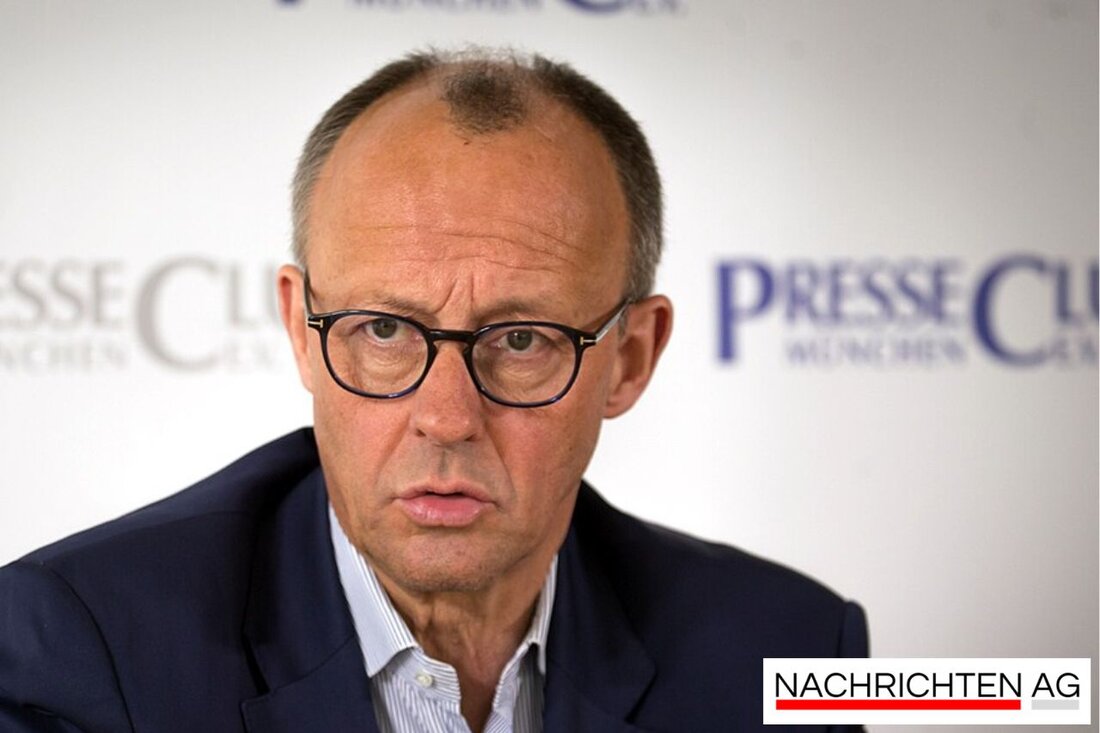AfD plans to take power in the East: future strategies in sight!
The AfD dominates elections in Mecklenburg-Western Pomerania in 2025, aims at coalitions and formulates future-oriented strategies.

AfD plans to take power in the East: future strategies in sight!
The political climate in Germany is currently in flux, and the focus is primarily on the rise of the AfD, which impressively demonstrated its strength in the federal election in February 2023. The party attracts attention particularly in the east of the country and was able to convince voters in all constituencies in Mecklenburg-Western Pomerania, Brandenburg, Saxony-Anhalt, Saxony and Thuringia. Swabian reports that... These successes are no coincidence; The AfD had already won big in East Germany in the state elections in autumn 2022, even if it was not yet able to take on government responsibility at the time.
The AfD is on the rise
The most recent federal elections show a remarkable picture: The AfD has doubled its share of the vote to an impressive 20.8 percent, making it the second strongest force behind the Union (CDU/CSU). In total, these two parties have a total of 360 out of 630 seats, which forms a majority. The Union under the leadership of Friedrich Merz has ruled out cooperation with the AfD, but the party itself is reaffirming its claim to power and striving to exert influence in the government. Deutschlandfunk points out that... Alice Weidel has already announced that she will “hunt” other parties and put pressure on a possible coalition between the Union and the SPD.
Despite its rise, the AfD remains without a blocking minority and can therefore not block any projects in the Bundestag. They also failed in their attempt to obtain committee chairs in the last legislative period. However, a vice-president position in the Bundestag is on the cards, and the AfD also plans to be represented in the parliamentary control committee.
The AfD's strategy in the East
At a recent conference in Magdeburg, AfD parliamentary group leaders from the state parliaments in the east discussed the strategy for the state elections in Saxony-Anhalt and Mecklenburg-Western Pomerania next year. Nikolaus Kramer, the parliamentary group leader in Mecklenburg-Western Pomerania, indicated that a coalition with the CDU was conceivable, but only under the condition that the AfD takes on the role of senior partner. Swabian emphasizes that... In the federal election in Mecklenburg-Western Pomerania, the AfD received more than 35 percent of the vote, while the SPD only achieved just over 12 percent and the CDU just under 18 percent.
The AfD's resolutions include far-reaching measures that, among other things, provide for the termination of state media contracts, a deportation and remigration offensive and a reduction in financial support for left-wing NGOs. These projects show that the AfD is determined to actively bring its ideology into politics.
Voter structure and future of the AfD
The AfD's electorate is broad, and while almost two-thirds of its voters are male, there are also clear age differences. Although the older generations remain underrepresented, the 35 to 59 year old group is particularly well represented. BPB analyzes that... In addition, the AfD shows a high ability to mobilize among former non-voters, which has led to an overall increase in voter turnout since 2016.
With the upcoming state elections in Saxony-Anhalt and Mecklenburg-Western Pomerania in 2026 in mind, the cards seem well mixed for the AfD. Their strategy for seizing power in East Germany could be crucial for Germany's future political landscape. How the next few months will develop remains to be seen, but one thing is clear: the AfD is ready to go on the offensive.

 Suche
Suche
 Mein Konto
Mein Konto